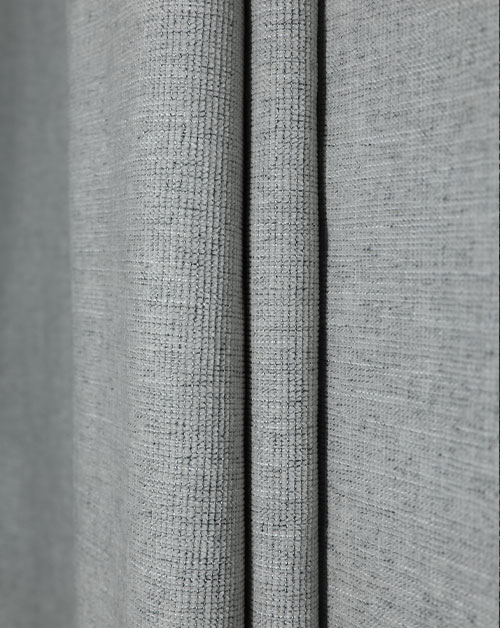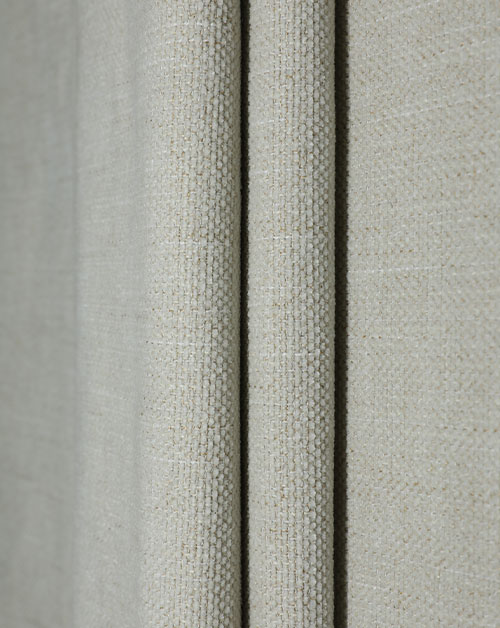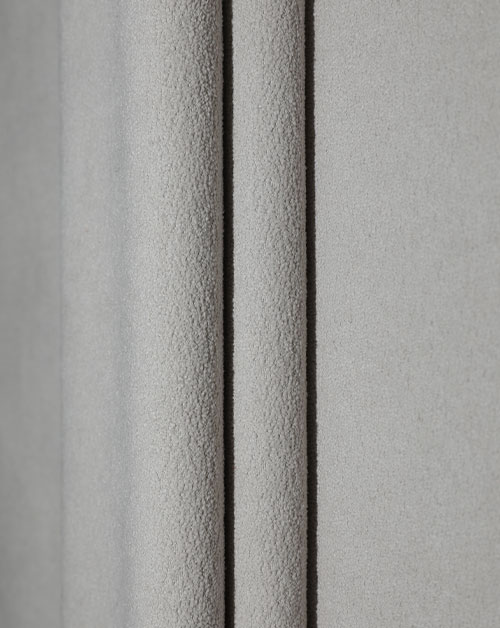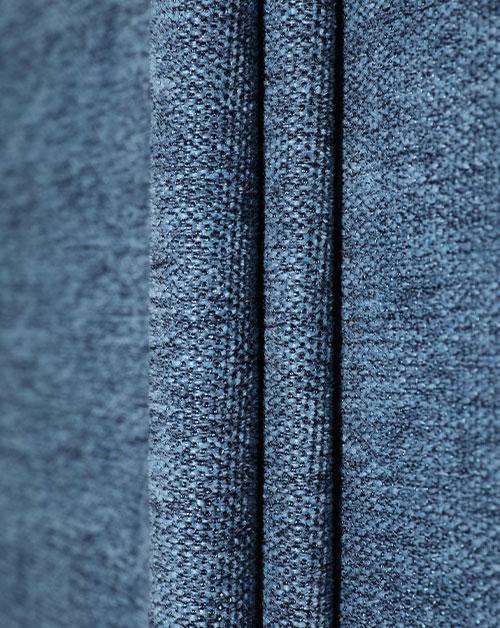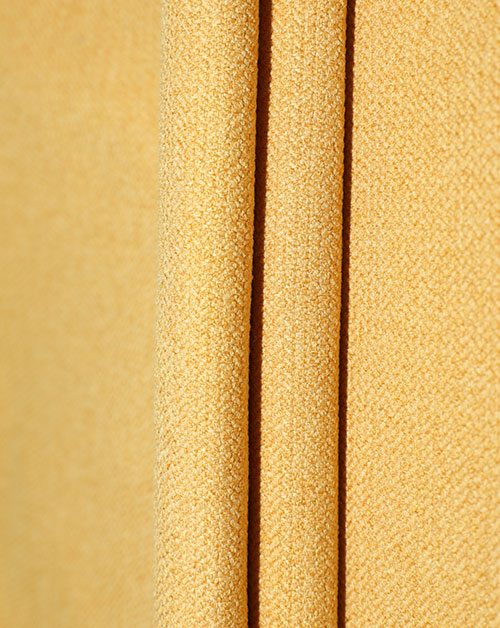In the rapid development of the fashion and textile industries, functional fabrics have gradually become an important trend that cannot be ignored. As consumers' demand for comfort, performance and environmental protection continues to increase, functional fabrics are not limited to sportswear or outdoor equipment, and their applications have penetrated into every corner of daily life. From breathable materials that improve comfort to smart fabrics that can clean themselves, functional fabrics are leading the transformation of the textile industry.
Definition and characteristics of functional fabrics
Functional fabrics refer to fabrics with specific functions or performance. These functions often go beyond the basic properties of traditional fabrics, such as appearance, comfort and durability, but focus on meeting specific needs. For example, some fabrics can keep the body warm in low temperature environments, some fabrics have antibacterial and UV resistance, and some fabrics can achieve self-cleaning or water and stain resistance through special chemical treatments.
The characteristics of functional fabrics are usually reflected in the following aspects: performance diversity, it can provide corresponding solutions according to different needs; high-tech content, many functional fabrics rely on advanced textile technology or new materials; environmental protection and sustainability are gradually becoming important criteria for evaluating functional fabrics.
Innovative technology promotes the development of functional fabrics
With the continuous advancement of science and technology, innovations in functional fabrics emerge in an endless stream. Especially in the application of nanotechnology, intelligent textile technology and bioengineering, functional fabrics are performing better and better.
Application fields of functional fabrics
Functional fabrics have a wide range of applications, covering multiple industries. The earliest application was undoubtedly in the field of sports and outdoor activities, and the demand for functional fabrics by athletes has driven the rapid development of related technologies. For example, quick-drying and breathable fabrics have been widely used in sportswear, helping athletes stay dry and comfortable during intense exercise.
With the maturity of technology, the application of functional fabrics has gradually expanded to fashion, home, medical, aviation and other fields. In the fashion industry, functional fabrics not only improve the comfort of clothing, but also change the thinking of traditional clothing design to a certain extent. Many fashion brands have begun to use fabrics with anti-ultraviolet, anti-pollution and even temperature regulation functions, so that clothing is not only beautiful, but also can meet a variety of practical needs in daily life.
In the field of home furnishing, functional fabrics have also found their place. Functional fabrics such as waterproof, anti-fouling and antibacterial are widely used in home products such as bedding, curtains, sofas, etc. These fabrics not only improve the durability and hygiene level of household items, but also effectively reduce the cost of cleaning and maintenance.
Functional fabrics in the medical field are also emerging. The rise of wearable devices has made functional fabrics a part of smart health management. For example, some high-tech textiles can monitor the body's physiological state in real time, such as heart rate, body temperature, etc., and provide data support by connecting to smart devices. The emergence of these functional fabrics not only brings a more convenient way of health management, but also provides new possibilities for personalized medicine.
As an important innovation in the textile industry, functional fabrics are gradually developing from a niche market with strong technicality and narrow application range to the mainstream of the mass market. With the advancement of technology and the integration of environmental protection concepts, the future of functional fabrics will be more full of potential. It can not only meet the increasingly diverse needs of consumers, but also promote the textile industry to develop in a more intelligent and green direction.
Whether in improving personal comfort or in promoting sustainable development, functional fabrics will play an increasingly important role. And the realization of all this is inseparable from the continuous deepening of scientific and technological innovation and environmental awareness. In the future, functional fabrics may become an indispensable part of our lives, bringing a more convenient, comfortable and environmentally friendly living experience.

 English
English 中文简体
中文简体 русский
русский عربى
عربى

